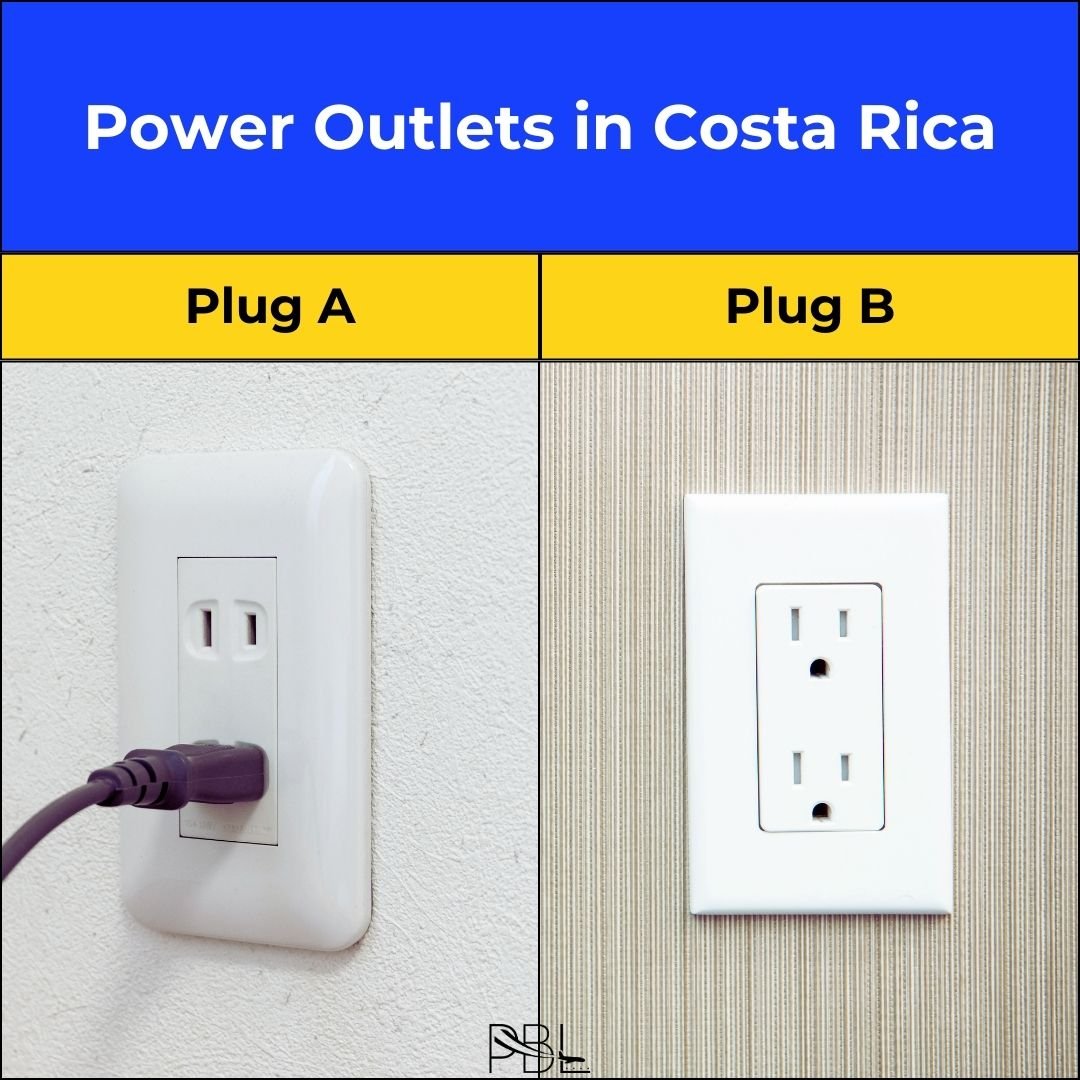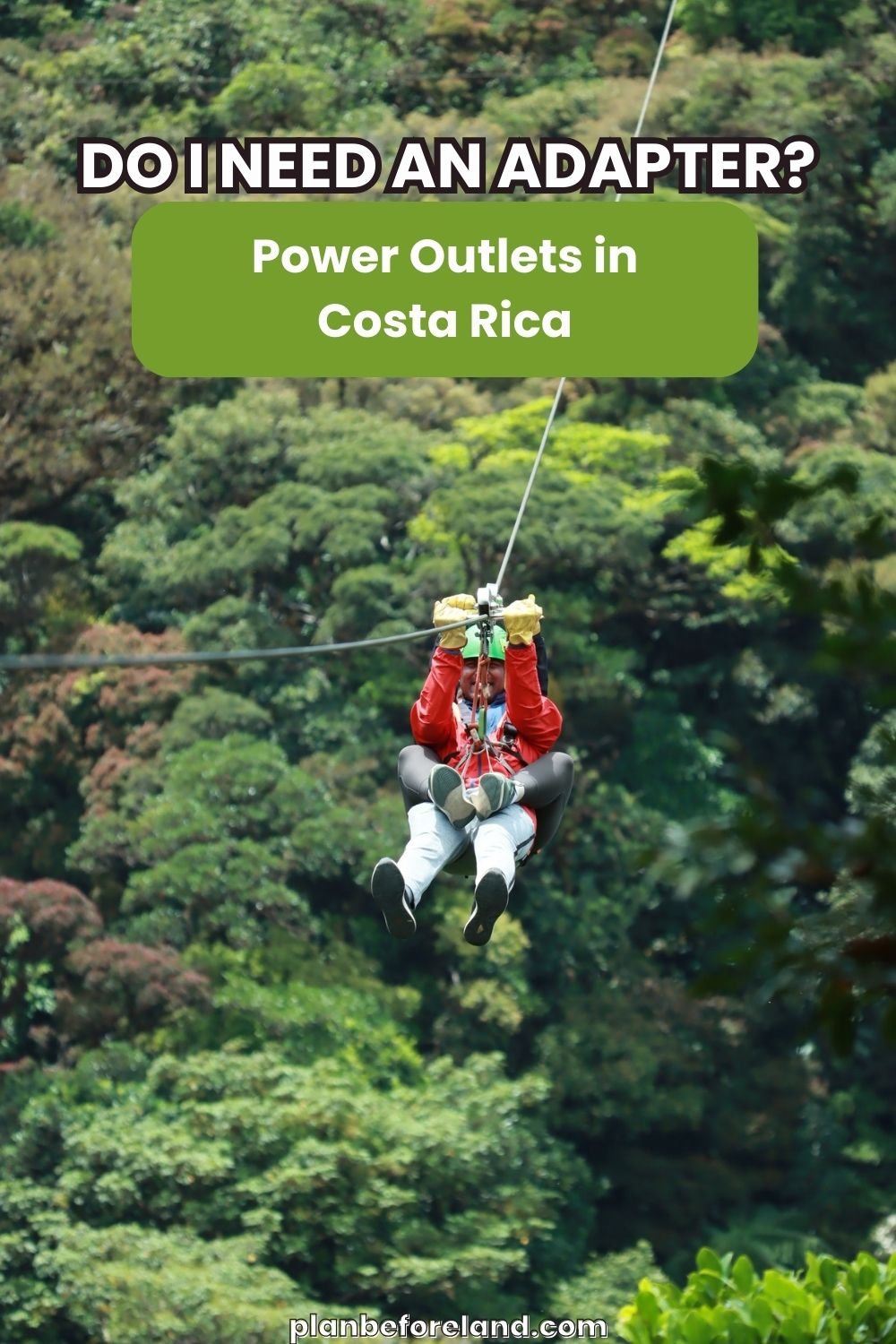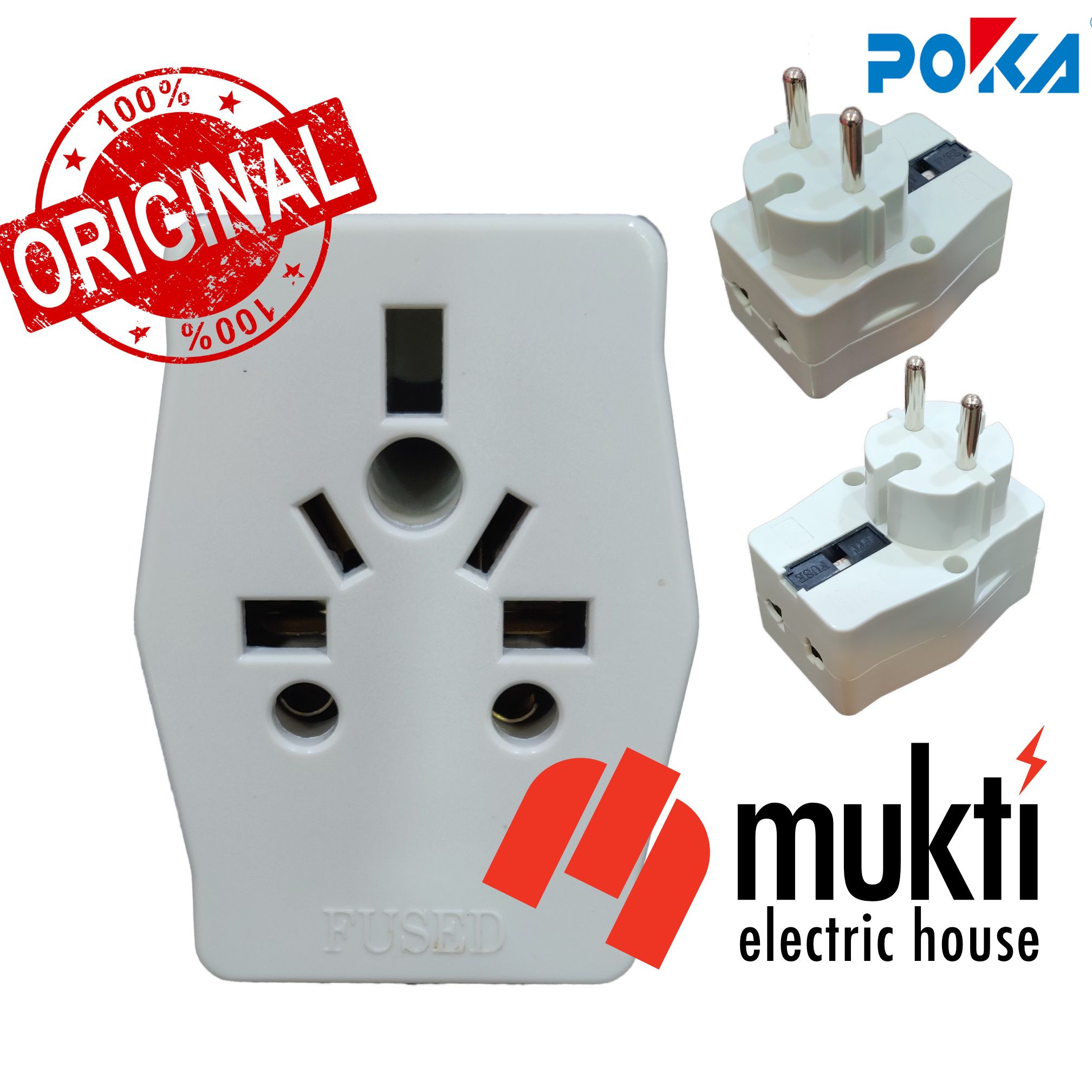Power Outlets In Costa Rica: A Comprehensive Guide For Travelers
When traveling to Costa Rica, understanding the power outlets and voltage requirements is essential for ensuring your devices remain charged and operational during your stay. Whether you're planning a short visit or an extended trip, being prepared with the right adapters and knowledge about electrical systems can make your experience smoother. This guide will provide you with all the necessary information about power outlets in Costa Rica, so you don't have to worry about your electronics while exploring this beautiful country.
Costa Rica is a popular destination for travelers seeking adventure, relaxation, and connection with nature. From lush rainforests to stunning beaches, the country offers endless opportunities for exploration. However, it's crucial to familiarize yourself with the local electrical system to avoid any inconvenience. This article will delve into the types of outlets, voltage standards, and adapter requirements, ensuring you're fully equipped for your journey.
Whether you're charging your phone, laptop, camera, or any other electronic device, knowing the specifics of Costa Rica's power outlets will save you from potential issues. Let's explore everything you need to know to keep your devices powered up while enjoying the wonders of Costa Rica.
Read also:Horoscope 4th November Unlock Your Zodiacs Secrets For A Prosperous Day
Table of Contents
- Biography of Power Outlets
- Types of Power Outlets in Costa Rica
- Voltage Standards in Costa Rica
- Do You Need a Power Adapter?
- When to Use a Voltage Converter
- Travel Tips for Charging Devices
- Electricity Infrastructure in Costa Rica
- Safety Precautions with Electrical Systems
- Facts and Statistics on Power Usage
- Conclusion and Final Thoughts
Biography of Power Outlets
History and Development of Electrical Systems
Power outlets have evolved significantly over the years, with different countries adopting various standards based on historical and practical considerations. In Costa Rica, the development of electrical systems has been influenced by its proximity to the United States, resulting in similarities in outlet types and voltage standards.
Understanding the history of power outlets provides insight into why certain standards exist today. Costa Rica uses Type A and Type B outlets, which are also common in the United States and Canada. This compatibility simplifies the process for travelers from these regions, as they may not need additional adapters.
Types of Power Outlets in Costa Rica
Overview of Outlet Standards
In Costa Rica, you'll primarily encounter two types of power outlets: Type A and Type B. Type A outlets have two flat prongs, while Type B outlets include a third round grounding pin. Both types operate at 110-120 volts, making them compatible with most North American electronics.
Here’s a quick breakdown of the outlets:
- Type A: Two flat prongs (ungrounded).
- Type B: Two flat prongs with a grounding pin (grounded).
It's worth noting that some older buildings may only have Type A outlets, so it's a good idea to carry a universal adapter to cover both types.
Voltage Standards in Costa Rica
Understanding Voltage Requirements
The standard voltage in Costa Rica is 110-120 volts, which aligns with North American standards. If you're traveling from a country with a different voltage (e.g., Europe, which uses 220-240 volts), you'll need a voltage converter to ensure your devices operate safely.
Read also:Sting Walk In Fields Of Gold Lyrics A Deep Dive Into The Timeless Classic
Most modern electronics, such as laptops and smartphones, are dual-voltage, meaning they can handle both 110-120V and 220-240V. However, it's always a good idea to check the specifications on your device's power adapter to confirm compatibility.
Do You Need a Power Adapter?
When and Why to Use an Adapter
If you're traveling from a country with different outlet types, a power adapter will be necessary to connect your devices to Costa Rican outlets. For travelers from the United States, Canada, or other regions using Type A/B outlets, an adapter may not be required unless you're using specific appliances with unique plugs.
Key points to remember:
- Adapters allow you to plug your devices into foreign outlets without altering voltage.
- They do not convert voltage, so a converter may still be needed for certain devices.
Carrying a universal adapter is a practical solution for travelers visiting multiple countries with varying outlet types.
When to Use a Voltage Converter
Protecting Your Devices with Voltage Conversion
If your devices are designed for a voltage range different from Costa Rica's 110-120V, a voltage converter is essential to prevent damage. Appliances like hairdryers, curling irons, and electric shavers often require converters, as they may not support dual-voltage operation.
Consider the following:
- Step-down converters reduce voltage from 220-240V to 110-120V.
- Step-up converters increase voltage from 110-120V to 220-240V.
Always verify the voltage requirements of your devices before purchasing a converter to ensure compatibility.
Travel Tips for Charging Devices
Maximizing Convenience While Charging
Traveling with multiple electronic devices can be challenging, especially when it comes to finding available outlets. Here are some tips to help you stay charged during your trip:
- Carry a portable power bank for on-the-go charging.
- Bring a multi-outlet travel adapter to accommodate multiple devices.
- Charge devices overnight in your hotel room to conserve battery life.
Additionally, consider downloading offline maps and apps to minimize the need for constant internet connectivity, reducing battery consumption.
Electricity Infrastructure in Costa Rica
Reliability and Sustainability of Power Supply
Costa Rica is renowned for its commitment to renewable energy, with a significant portion of its electricity generated from hydroelectric, wind, and geothermal sources. This focus on sustainability ensures a reliable and eco-friendly power supply for residents and tourists alike.
While power outages are rare in major cities and tourist areas, it's advisable to have backup solutions, such as portable chargers, in case of unexpected interruptions.
Safety Precautions with Electrical Systems
Ensuring Safe Usage of Power Outlets
When using power outlets in Costa Rica, it's important to follow safety guidelines to protect yourself and your devices:
- Avoid overloading outlets with too many devices simultaneously.
- Use surge protectors to safeguard sensitive electronics from voltage fluctuations.
- Never insert foreign objects into outlets, as this can cause electrical hazards.
By adhering to these precautions, you can enjoy a safe and hassle-free experience while charging your devices.
Facts and Statistics on Power Usage
Insights into Electricity Consumption in Costa Rica
According to the International Energy Agency (IEA), Costa Rica ranks among the top countries in terms of renewable energy usage, with over 98% of its electricity generated from sustainable sources. This commitment to green energy not only benefits the environment but also ensures a stable power supply for its population.
Data from the Instituto Costarricense de Electricidad (ICE) highlights the country's efforts to expand its electrical infrastructure, particularly in rural areas, to improve access and reliability.
Conclusion and Final Thoughts
In conclusion, understanding power outlets in Costa Rica is crucial for any traveler planning to use electronic devices during their visit. With Type A and Type B outlets and a standard voltage of 110-120V, most North American electronics will work seamlessly without additional adapters. However, travelers from regions with different voltage standards should consider using voltage converters to protect their devices.
We encourage you to share this article with fellow travelers and leave a comment below if you have any questions or additional tips. For more informative content about traveling to Costa Rica, explore our other articles and resources. Stay safe, stay charged, and enjoy your adventure in this breathtaking country!


